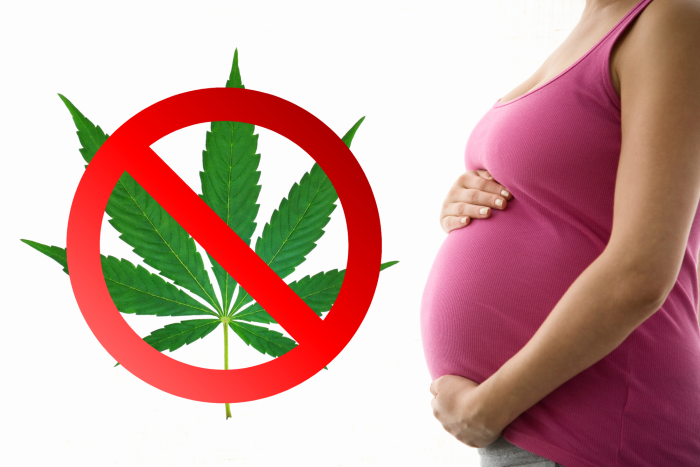Recent research has unveiled concerning connections between prenatal cannabis exposure (PCE) and genetic alterations in newborns, raising alarms about the potential impacts on children’s neurodevelopment. An international team of scientists discovered significant epigenetic changes in the brains of infants exposed to cannabis in utero, suggesting long-lasting effects that could extend into adulthood.
Study Highlights Genetic Changes
The study, conducted by researchers at the University of Canterbury in New Zealand and other institutions, found that cannabis exposure during pregnancy is associated with alterations in genetic expression linked to neurodevelopment. These changes impact over half a dozen genes crucial for the growth of neural pathways at various stages of development.
“This is a world-first study that identified numerous molecular changes in genes associated with neurodevelopment and neurodevelopmental disorders throughout the life course,” stated Amy Osborne, a geneticist involved in the research. “This key finding indicates a potential molecular link between prenatal cannabis exposure and its effects on neurodevelopment-related genes.”
Research Methodology
To reach these conclusions, the researchers analyzed data from two existing databases that tracked individuals from birth into their mid-20s. They relied on self-reported drug use among mothers while collecting blood samples from newborns’ umbilical cords and from older children, which provided valuable DNA material for the study.
The study focused on DNA methylation, a process regulating gene activity. Researchers found significant variations in DNA methylation patterns between children exposed to cannabis and those who were not. This variation was particularly evident among seven genes associated with brain development, anxiety, and autism.
“This underscores the importance of our findings,” Osborne emphasized. “The results suggest a molecular connection between prenatal cannabis exposure and alterations in genes pivotal to neurodevelopment.”
Limitations of the Study
Despite its important findings, the study faced some limitations. The sample size of individuals exposed to cannabis during pregnancy was relatively small. Among the 858 newborns from one database, only 10 were exposed solely to cannabis, while 20 were exposed to both cannabis and tobacco. Similarly, only 11 out of 922 children aged 7 at the time of data collection were exposed to cannabis alone, with 21 experiencing dual exposure.
While the study’s methodology does not establish a direct cause-and-effect relationship, the findings are significant enough to warrant further investigation. With the increase in cannabis use among pregnant women—rising from 3.4 percent in 2002 to over 8 percent in the United States today, often for relief from stress and anxiety—raising awareness about potential health impacts is imperative.
Rising Cannabis Use Among Pregnant Women
The study’s findings come amid growing concerns over the increasing prevalence of cannabis use during pregnancy. According to Osborne, “Cannabis is now the most commonly used drug, aside from alcohol and tobacco, among pregnant women in the United States, and the frequency of its use has risen significantly since the COVID-19 pandemic.”
The implications of this trend are troubling. Earlier research indicated a connection between cannabis use during pregnancy and behavioral issues in children. Moreover, a study involving rats earlier this year linked components of cannabis to developmental problems in the brain.
The Need for Further Research
The need for additional research into the effects of prenatal cannabis exposure cannot be overstated. As cannabis use continues to rise, it is crucial to understand the potential risks associated with its consumption during pregnancy. The study’s authors call for larger cohorts in future research to clarify the implications of these findings and to provide clearer guidance for pregnant women regarding cannabis use.
“We hope our research will encourage further investigation with larger sample sizes,” Osborne noted. “Clearer advice must be available for pregnant women concerning the impact of cannabis use. Without this, the potential risks to children may continue to grow.”
Conclusion
In summary, the study highlights concerning genetic changes in newborns associated with prenatal cannabis exposure. As cannabis use among pregnant women increases, the need for awareness and further research is urgent. The findings suggest a potential molecular link between cannabis exposure and neurodevelopmental risks, emphasizing the importance of informing pregnant women about the potential impacts of their choices on their children’s health.
As the landscape of cannabis use evolves, healthcare providers and public health officials must work together to ensure that pregnant women have access to accurate information. This can help them make informed decisions that prioritize the health and well-being of their children.
Related topics:


